
The project consisted of studying global 'slumtourism' destinations to assess the role of tourism in poverty alleviation and to support the development of qualitative indicators of poverty alleviation.

A study culminating in a geographic information system (GIS) and a database sheds light on changing settlement patterns, regional landscapes and individual urban sites in peninsular Italy during and after Roman expansion.

EU-funded research explored the linguistic and non-linguistic cognitive processes in deaf children's development of spoken and signed language vocabulary. This pioneering initiative studied their language learning profiles using dynamic language assessment.
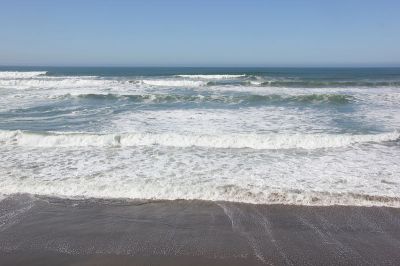
An EU-funded project adapted an acoustic technique originally developed for conducting geological surveys in order to study the world's oceans. The technique was used to investigate differences in temperature and salinity between ocean layers in order to gain a better understanding of ocean mixing processes.

More than ever before, European business and research communities are pressed to deliver solutions for significant, large-scale financial practices. An EU initiative is combining the use of supercomputers with financial models to address risk management.

An EU-funded team investigated the social effects of new public management (NPM). Examining public/private sector coordination, the fiscal crisis and the impact of public services on social cohesion, the study showed areas of improvement and decline.

Secrets within organisations can have widespread social, economic and political repercussions. An EU initiative is conducting a groundbreaking study on the timely yet widely overlooked field of organisational secrecy.
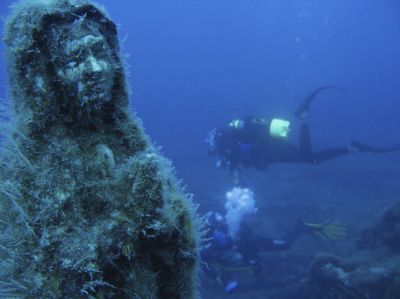
Europe's unique underwater heritage can be studied and protected more easily thanks to a new cost-efficient, user-friendly autonomous underwater vehicle (AUV).

We normally think of anthropologists studying ‘exotic’ cultures – ancient tribes that live in faraway places. But how about cultures that are closer to home? Professor Rebecca Cassidy has devoted herself to anthropological studies of European cultures of gambling. In the ‘Gambling in Europe’ (GAMSOC) project – funded by the ERC – Prof. Cassidy and her team have taken this a step further, and conducted an anthropological study of the gambling research community itself.

Careful, considered government communication might actually help increase tax revenue and thus improve public services, say EU-funded researchers.

Researchers studied how alternative work systems affect individuals’ careers.
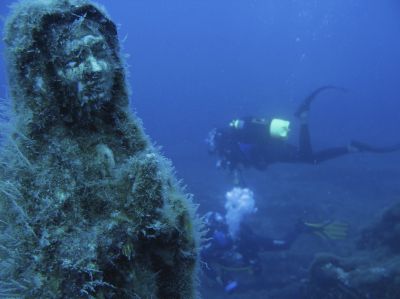
Marine archaeologists are developing new techniques and guidelines for locating, assessing and managing Europe's underwater cultural heritage.

Professional baseball players often report feeling as if the ball slows as they are preparing to strike it with their bats. EU-funded researchers conducted the first study that provides scientific data supporting this anecdotal observation.
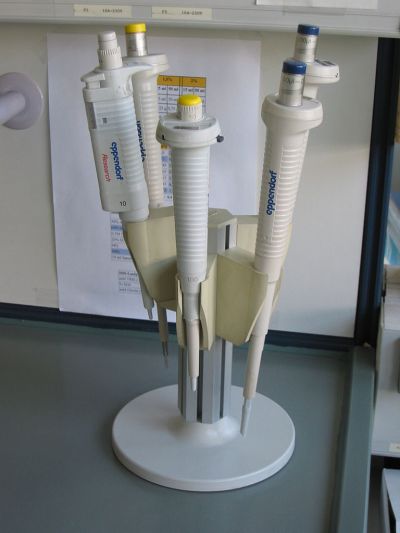
Novel research evaluation tools based in social models predict and measure the social impact of scientific research.

The Blue Society is a concept based on sustainable exploitation of the sea and its resources while preserving the marine ecosystem. Preserving this ecosystem will enable it to fulfil its vital functions, which include supporting biodiversity, oxygen production and climate regulation.
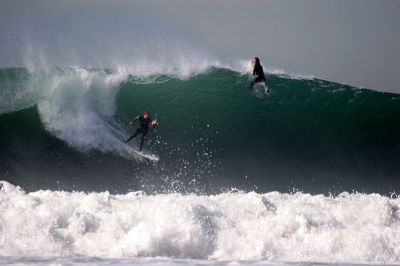
The Blue Society is a concept based on sustainable exploitation of the sea and its resources while preserving the marine ecosystem. Preserving this ecosystem will enable it to fulfil its vital functions, which include supporting biodiversity, oxygen production and climate regulation.

Groundbreaking research has linked the relationship between the simultaneous occurrence of poverty, violent conflict and natural disaster, and the effect it has on household well-being.

The iCub robot has helped advanced scientific understanding of word-object mapping, thanks to joint efforts from the ITALK and POETICON++ projects.

An EU team studied relationships between countries' investments in research and development (R&D) and environmental policies.

Choosing to highlight attainment versus maintenance goals can greatly affect both organisations and consumers in many domains (savings, consumer well-being etc.). The recently furthered research and understanding of the psychological differences and commonalities of the two goal types can improve both consumer happiness and organisational outcomes.

Recent applications of mass spectrometry to large and complex proteins are producing amazing insights into disease markers and processes. A powerful union between European and North American labs is pioneering new applications and methodologies.

Addressing the challenges of the ageing population is a priority in Europe. A multinational project has established a harmonised database of information on this group.

More effective marketing and communication tools are being developed for the conservation of cultural heritage. Such tools will improve public participation by emphasising the social value.

An EU team surveyed attitudes to democracy among Chinese people. The study examined three strata of Chinese society, in several Chinese locations, and assessed support for liberalisation.
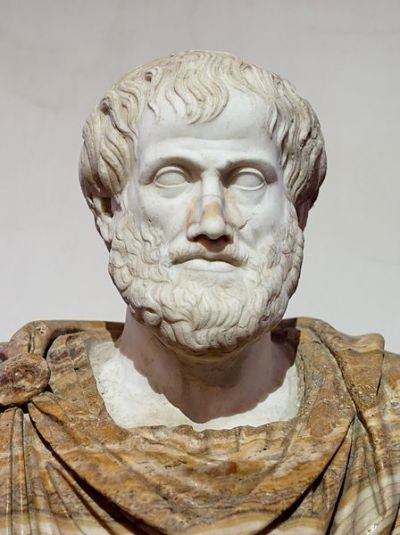
Antonio Brucioli, a sparsely researched 16th century Italian translator, helped spread knowledge of Aristotle through the country.























